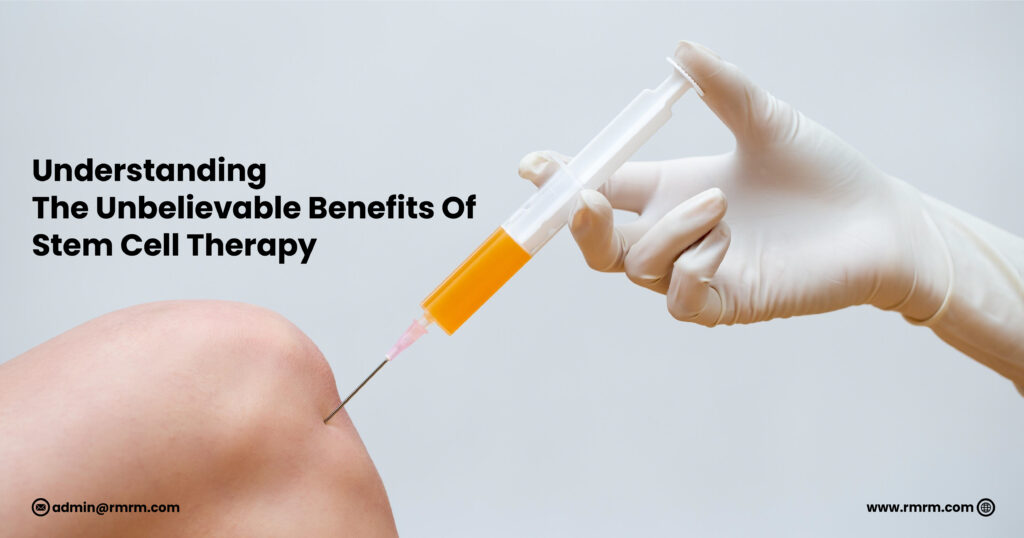Vitamin D, a fat-soluble vitamin, is best known for helping the body absorb calcium, but that’s just the beginning. It is also a highly utilized nutrient that helps regulate multiple cellular functions. The evidence of optimal Vitamin D levels can be see in the body as:
Strong bones & teeth
Effective immune system
Proper muscle function and recovery
Reduced oxidative stress and inflammation
Optimal cognitive function
Decrease risk of chronic disease
Where do we get Vitamin D?
Traditionally, it was believed that we got enough Vitamin D from sun exposure and dietary sources. Sunlight converts a chemical in the skin into the active form of Vitamin D, however we now know that many factors such as time of day, season, latitude, skin pigmentation, and products such as sunscreen can alter your ability to produce adequate amounts of this essential Vitamin. Additionally, there are very few food sources that naturally contain Vitamin D; beef liver, flesh of fatty fish, egg yolks, and cheese have small amounts.
Does everyone need supplementation?
In our practice, most people need additional Vitamin D supplementation. What’s interesting is that the amount of supplementation varies greatly. In some folks, just a little goes a long way, but others really struggle to absorb it through the gut. There is of course a genetic component to this. Researchers have uncovered multiple genetic variants that are associated with lower vitamin D levels in the body.
What if you are deficient in Vitamin D?
Low levels of Vitamin D have been linked to inflammation, osteoporosis, fractures, heart disease, autoimmune disease, asthma, allergies, cancer, muscle pain and weakness, fatigue, and frequent infections. While symptoms are generally mild, long term effects and additional nutrient deficiencies can seriously impact your health and longevity.
What do I do?
Vitamin D levels can be checked with a simple blood test. Your doctor will then determine if you have adequate levels or deficiency, and recommend oral or injectable supplementation if necessary. In some cases, genetic testing may also be appropriate. Optimal dosing for Vitamin D is controversial. Supplementation can be confusing as the over-the-counter Vitamin D comes in various forms and dosages. Please consult with your doctor prior to beginning a new supplement regimen.
Are your Vitamin D levels optimal? Schedule a consult and find out with a simple blood test.
GET STARTED



